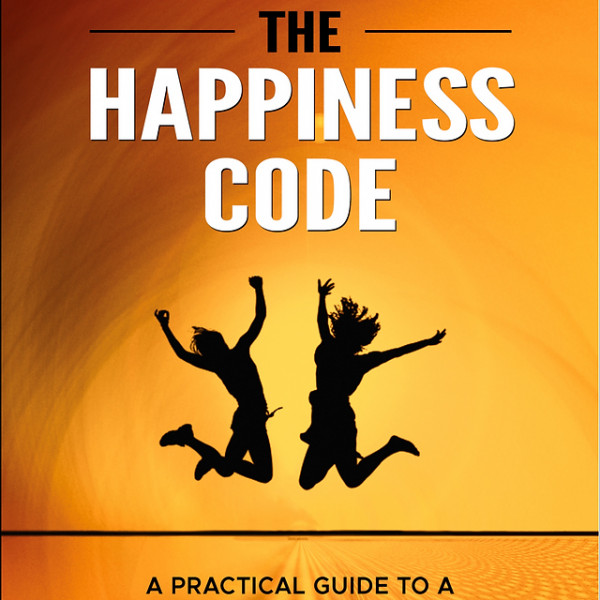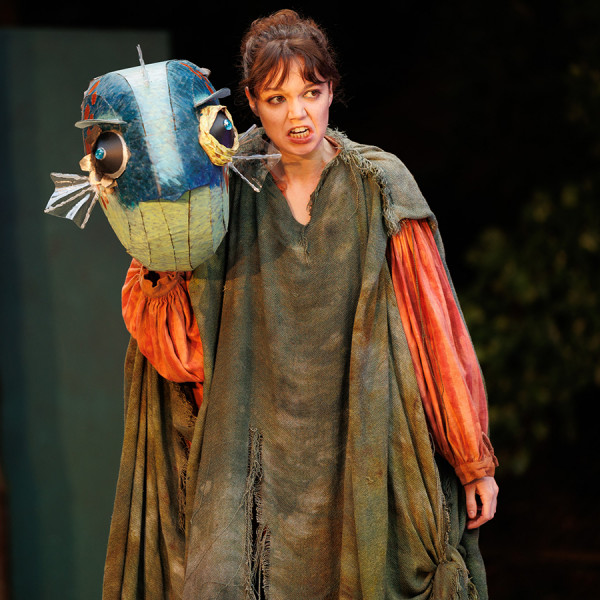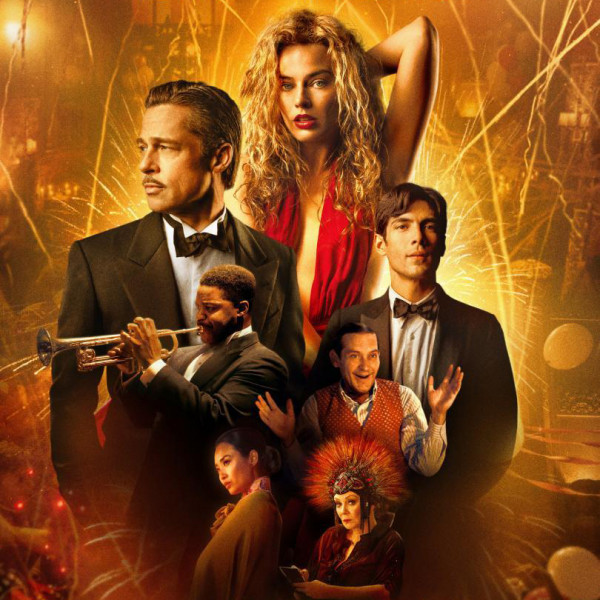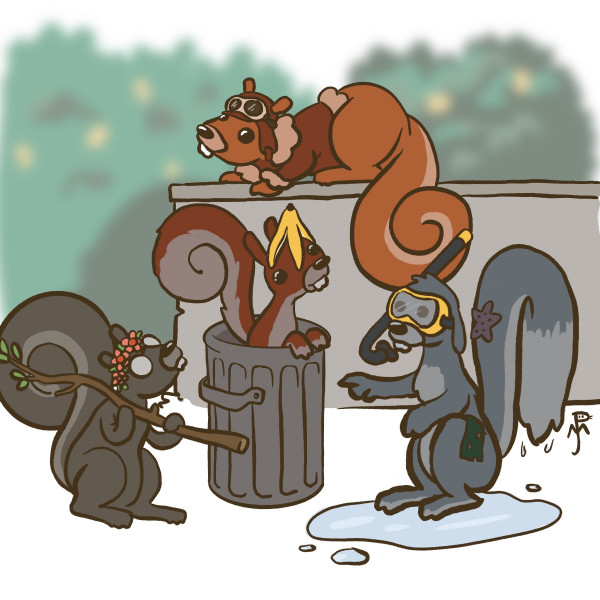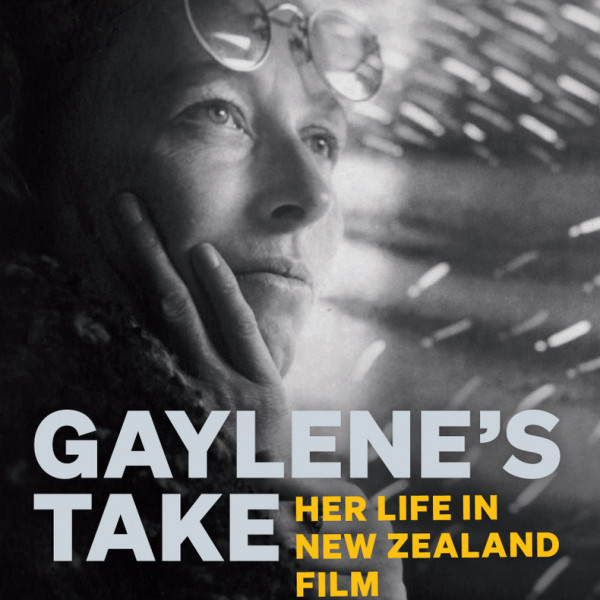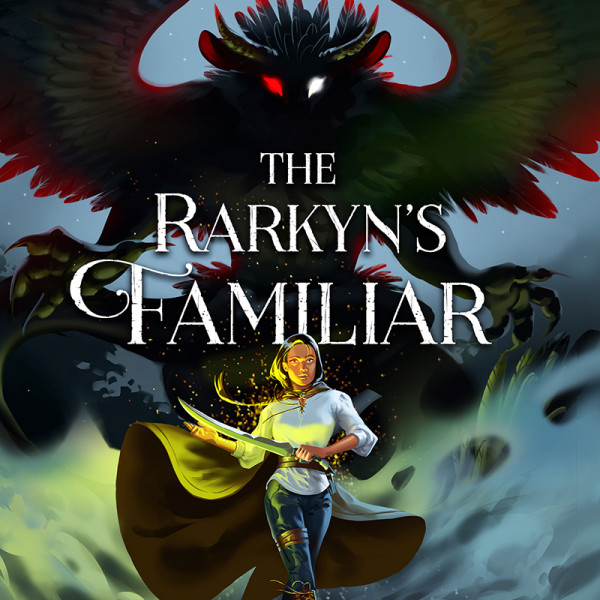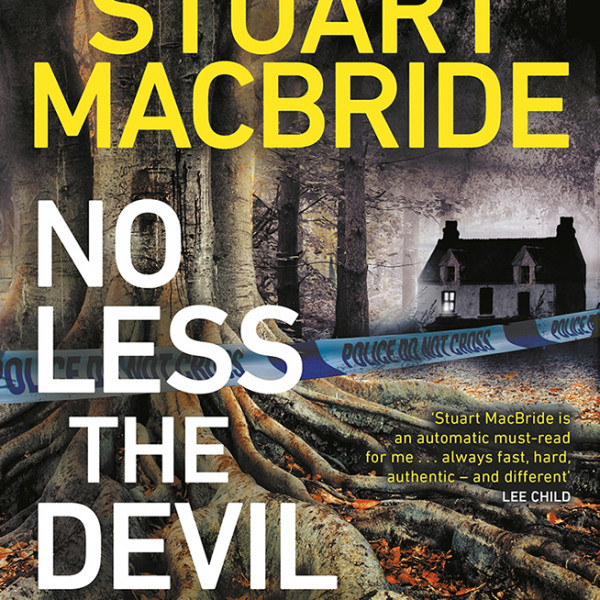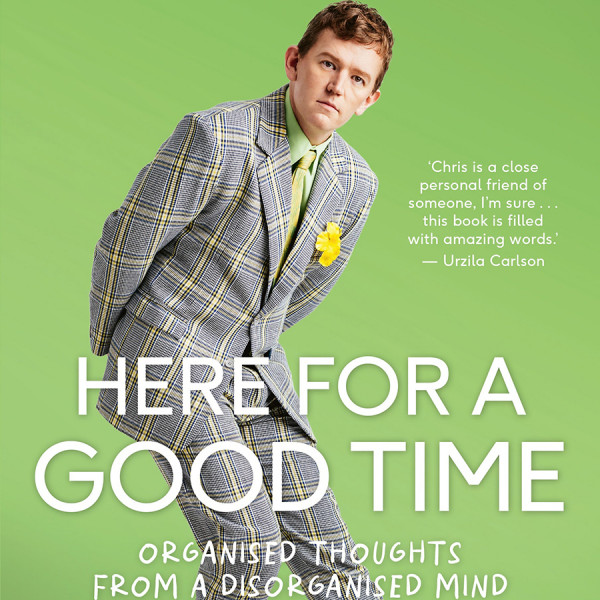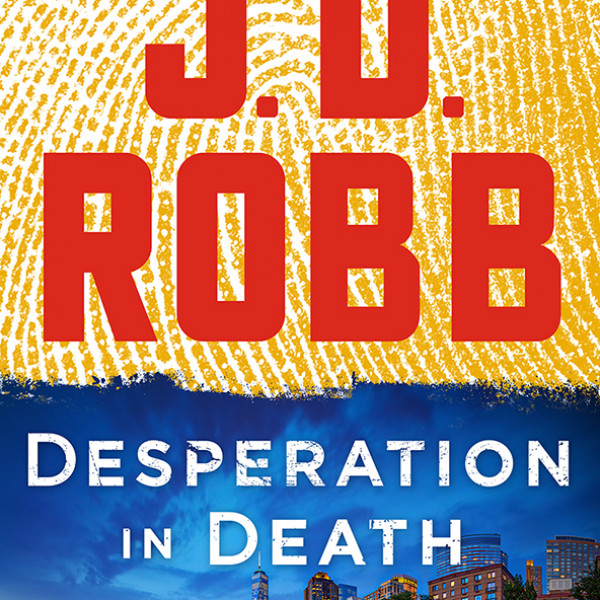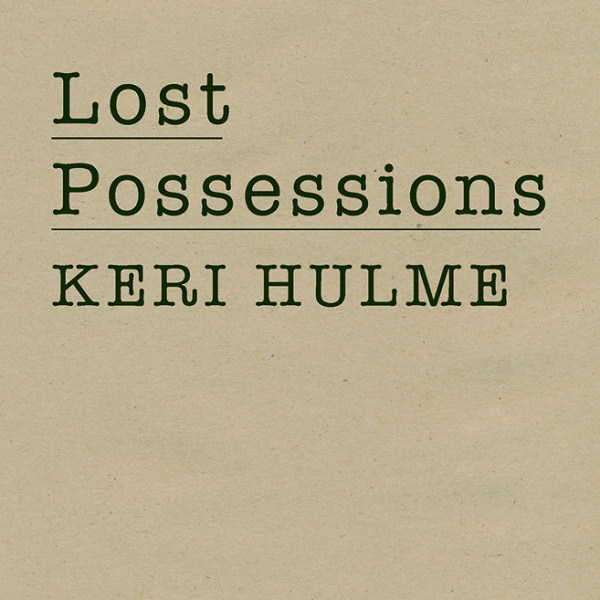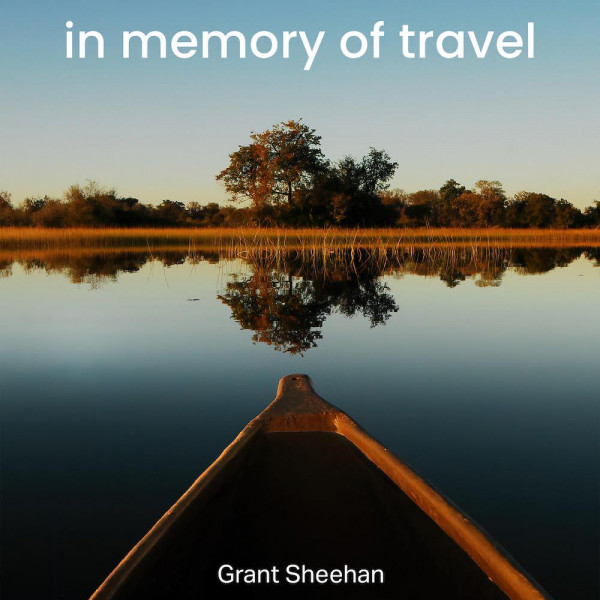
Located on the heritage side of Wellington’s Naumi Hotel, Lola Rouge offers patrons a “journey to the Orient” right from their funky floral chairs, where they can enjoy views over Cobblestone Park while they dine on pan-Asian cuisine and sip signature cocktails. The restaurant is vibrant and colourful, utilising bold patterns and licks of flame red in its design, yet still decidedly chic.
Our night began as all the best ones do: with cocktails. I ordered the gin-based Lady Lavender, a sweet and balanced lime, lavender, orange, and butterfly pea tea concoction topped with a bubble of smoke that unfurls on impact.
After we were told the menu was designed for sharing, we ordered four dishes between us, expecting them to be tapas-size. Spoiler: they weren’t. The catch of the day would’ve filled me up on its own, but I listened to my stomach over our attentive server’s friendly warning that it was one of the biggest items on the Land and Sea menu. So really, I have only myself to blame! The fish was enjoyable but overshadowed by a chilli sambal sauce and didn’t stack up to our other three choices, all of which were exceptional.
I could eat either the Chongqing chicken – a traditional spicy Sichuan dish of chicken and dried red chilies – or the black tiger prawn and scallop dumplings in Galangal broth for every meal. The hero of the night was undeniably the Kurobuta pork belly, braised in fragrant master stock and served with ginger, scallion, peppers, sesame, and crispy leeks with a sticky black bean sauce. The meat was melt-in-your-mouth tender, and the dish hit the flavour profiles of sweet, salty, and spicy to perfection.
We might’ve been too full to move, but still couldn’t resist ordering dessert. Beautifully presented, the signature tasting plate featured a silky-smooth coconut, rosewater, and cardamom crème brûlée; a Whittaker’s 50% chocolate crèmeux, more sweet than rich; and a moist matcha cake, all tied together with a biscuit-nut crumb and edible decorations like tuille leaves, flowers, and chocolate buttons. What a finale!







